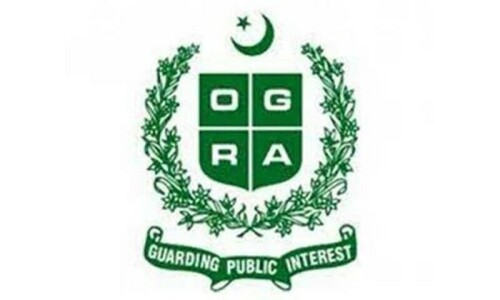NICOSIA, March 22: The Cyprus banking sector, which has driven prosperity on the Mediterranean island for two decades, has in the end been the trigger for the collapse of the country’s economy due to its exposure to the Greek debt crisis.
“Unfortunately we took a wrong decision to accept (in 2012) a haircut” on Greek bonds purchased in 2009 and 2010, said Mario Skandalis, a senior official of the Bank of Cyprus, the island’s largest commercial bank.
“We lost 4.5 billion euros” in the process, Skandalis said. “We were responding to a request from the EU.” The Bank of Cyprus and the Popular (Laiki in Greek) Bank, the two largest banks in the island, are now on the brink of bankruptcy due to their high exposure to the Greek debt.
The Cyprus government is racing to raise 5.8bn euros to unlock a 10bn euro loan from a troika comprising the EU, ECB and IMF to save the banking sector from meltdown and the island’s economy from collapse.
The two banks together represent half of the banking capital in Cyprus, said Skandalis. The Bank of Cyprus employs 11,000 people including 8,000 abroad, mainly in its 199 branches in Russia and 188 branches in Greece, according to the Association of Cyprus Banks.
“If we lose the banking sector then in any case we are lost,” said Mario Zachariades, professor of economics at the University of Cyprus. The banking sector accounts for 45 per cent of the island’s 17.5bn euro gross domestic product, according to Skandalis.
The small island on the edge of the Mediterranean basin has since the 1980s welcomed funds from across the region, especially countries driven by conflict such as Lebanon, and from further a field, such as Russia.
The historic alliance between Nicosia and Moscow fuelled suspicions that the island had become a tax paradise for Russian oligarchs and that it consistently turned a blind eye to the sources of the money pouring into the island’s bank accounts.
Since it joined the EU in 2004, Cyprus has been at pains to shed this image and during negotiations for the bailout repeatedly offered to open its books to international scrutiny.
“In the early 90s, a lot of money arrived from Lebanon, (former colonial power) Britain and also Russia after the collapse of the former Soviet Union,” said Zachariades.
A corporate tax of 10 percent, generous tax exemptions on capital gains and dividends, agreements to avoid double taxation, notably with Russia, and liberal laws ensured a steady flow of funds that inflated bank deposits across Cyprus.
Russian holdings on the island according to Moody’s credit ratings agency amounts to $31bn, more than a third of total bank deposits which the banking association puts at 69.3bn euros.—AFP














































Dear visitor, the comments section is undergoing an overhaul and will return soon.